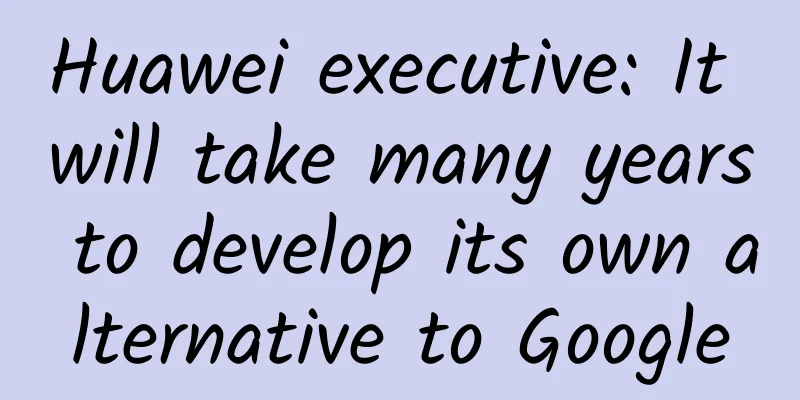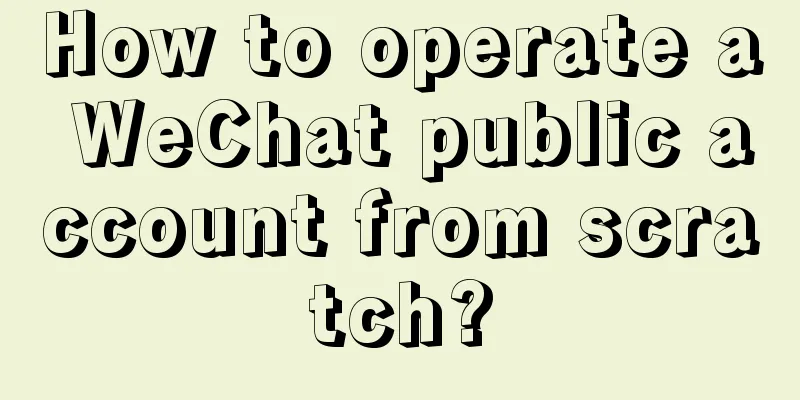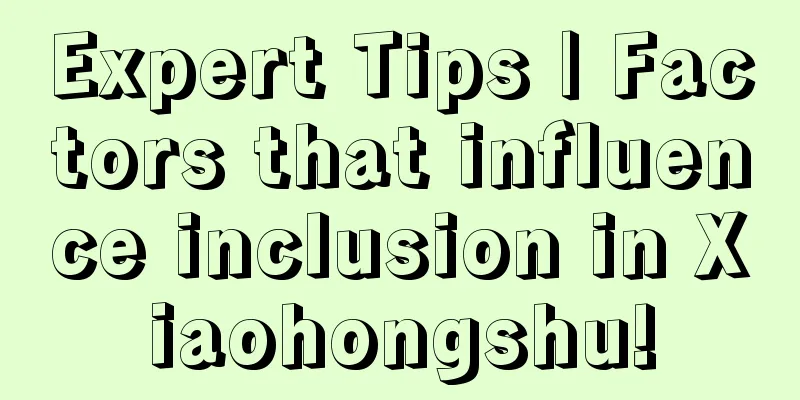Huawei executive: It will take many years to develop its own alternative to Google

|
Huawei is struggling to replace Google apps on its phones after being hit by US sanctions, and it will take years to develop home-grown alternatives, company executives have admitted. Huawei executives told the Financial Times that Huawei, a Chinese communications technology company caught in the middle of the Sino-US "tech war", is being adversely affected by US export controls. Huawei still hasn't found a replacement for the computing services sold by Google Senior executives at Huawei's US operations said they have been able to find replacements for most of the equipment components previously purchased from the United States, but have not found a replacement for the computing services sold by Google. Joy Tan, vice president of public affairs at Huawei USA, said: "After the U.S. released the Entity List, we were able to find some alternative solutions. The most challenging part was the services controlled by Google. Since the Android platform is open source, we can continue to use it, but we cannot use the services that allow applications to run on Android." This year, the United States imposed export controls to prevent American companies from selling "Made in the USA" parts to Huawei. Export controls are part of a broader U.S. effort to curb China’s political and economic power, including a trade war and sanctions on some tech companies that Washington believes are engaging in abuses.
Huawei executives worry about missing out on Google services or losing foreign customers Despite U.S. sanctions, Huawei continues to grow. Last week, the company announced that its sales had surged 27 percent over the past year. Customers of existing Huawei mobile phones can temporarily access Google's Play app store, Google Maps and other products provided by Google Mobile Services because of a "temporary license" that allows the US vendor to continue to provide services for existing devices. But these services are not available for Huawei's new models, and Chinese phones are already banned from using Google services, and Huawei is worried that this will lose foreign customers. "There are many Android users in Europe and Southeast Asia, and they are used to Google applications on Android phones." In foreign countries, the core of all Android phones is GMS service. For the majority of overseas users, once this service is missing, it is like domestic users cannot use WeChat, Alipay, etc. The consequences can be imagined. However, at the beginning of this month, foreign media PhoneArena released news that Huawei phones will soon regain support for Google GMS services. This is good news for the sales of new phones such as Huawei Mate30 series in overseas markets. It will still take time for Hongmeng to build Huawei's ecosystem. Regarding Huawei's self-developed alternative operating system, Hongmeng, Joy Tan said that Hongmeng is still a long way from being ready. When asked if it would take years for Harmony to replace what Google can do, she responded: “Yes, we have to find alternative solutions for the Huawei ecosystem, but that will take some time to build. Huawei's American customers such as Google are lobbying the US government to continue providing products or services to Huawei. Huawei has been trying to hold a hearing in Washington to argue that the United States should allow Huawei to continue to purchase equipment that does not affect US national security and provide services to its existing customers. But so far, Joy Tan said Huawei has not had a single meeting in Washington, either within the Trump administration or on Capitol Hill. "We have been trying to reach out to the U.S. government, but there haven't been many opportunities to meet, and despite repeated attempts, we have not been able to talk to anyone in the government." Trump once tweeted that he hoped advanced technologies would not be banned and that 5G and 6G would be realized soon. Huawei has been relying on some of its U.S. customers to lobby on its behalf, including rural telecom operators that use its equipment in their existing networks, and Google. Asked whether Google would continue to lobby the government to allow it to supply Huawei, Tan said: "I'm sure many of our suppliers are communicating with the US government, including Google." |
>>: WeChat supports mobile phone number transfer without adding friends
Recommend
ASO promotion and operation experience sharing: Get 1000+ new activations per day on the App Store for free
After this attempt, we can basically draw the fol...
iOS unit testing: translation - common ways to use OCMock
The API used in this article is the old version o...
How to avoid pitfalls when investing massive amounts of money in Qianchuan?
Failure to pass the review and lack of traffic ar...
Structural analysis and operational analysis of maternal and infant community APP
With the opening of the two-child policy in 2016,...
Price inquiry for the production of Qianxinan Shoes and Boots Mini Program. How much does it cost to produce Qianxinan Shoes and Boots Mini Program?
WeChat Mini Program is an application that users ...
Top 10 New Media Moments of 2016
In 2016, the new media industry is still hot. Som...
How to correctly place information flow ads?
Many people think that optimizer is a creative po...
Deconstructing community growth: sending red envelopes, group points, and super users!
I have been engaged in community marketing for th...
The top 100 financial apps in September show which ones are happy and which ones are sad
The realization of financial inclusion is closely...
E-commerce operation: 2 ways to play social e-commerce
This question comes from a supplementary question...
The community is so popular, but are you sure you really need it?
The Internet has never been short of concepts. Fo...
A complete guide to baby food supplements (6 months to 2 years old) 0 to 2 years old is the key period of nutrition, giving your baby the best growth
: : : : : : : : : : : : : : : : : : : : : : : : : ...
What to expect from Google's September 29 event
[[150711]] Apple, Samsung, Sony and Motorola have...
Brand marketing strategy, understand these 4 points!
Go-to -Market Strategy refers to the marketing st...
How to become a great advertising marketer?
Those who have watched the American TV series &qu...









